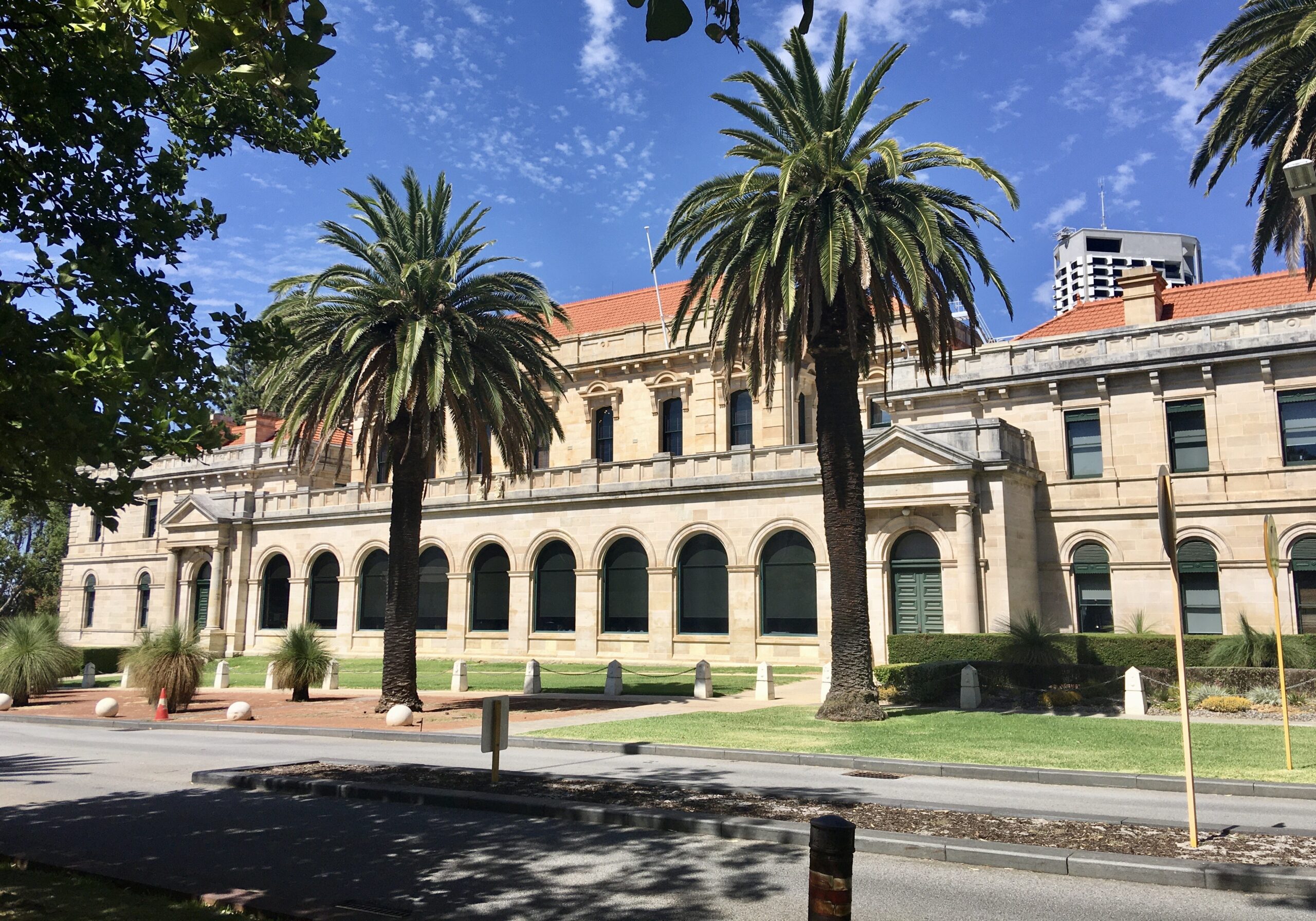| WACOSS has cautiously welcomed the increase to the state indexation rate to 3.53%, back dated to 1 July 2022, but says it doesn’t go far enough.
WACOSS and its members had asked for an increase to the 2022/2023 State Government contract indexation from 2.55% to 5.1%
The requested increase to 5.1% would have reflected the rising wage costs to deliver services in 2022/23 and followed the 4.6% modern award increase to wages plus 0.5% superannuation increase.
WACOSS CEO Louise Giolitto said today’s increase to indexation is welcomed but it isn’t enough.
“While we are glad to see the McGowan Government recognise the need to increase the indexation rate, it is not high enough to reflect the costs being felt by community services organisations to maintain essential services.
“With increases in wages, rapidly increasing CPI and increased operating costs, a significant gap has developed between funding indexation and costs to deliver essential services.”
“Like every industry in WA, the cost of providing these services is going up. And the increase in modern awards by 4.6% is a legal requirement of community service organisations. WACOSS welcomed the increase, as real wages would have slid backwards. However, without appropriate indexation to cover those cost there is a very real risk of services being cut during a time when we are already struggling to meet increased demand.
“The services we are talking about are homelessness, family and domestic violence, financial counselling, youth diversionary and justice programs, local community neighbourhood centres, family and children services, community health centres and many more.”
Accordwest CEO Evan Nunn said:
“We provide adult and youth housing and homelessness services with wrap-around case management support across the Bunbury and South West community. We are contemplating reduced service centre hours and worst-case scenario, reducing hours of our incredible support workers.
“This increase will not cover the funding shortfall and will mean we will struggle to provide a baseline level of service to meet the historically high demand that we have sustained over 2 years of the Pandemic.
“Our community service organisations are people centred; the cost to employ staff accounts for around 80% of their total running costs,” Ms Giolitto added.
“This increase will not cover the increase to wages and not cover the increase costs to provide the service.
“There is already a real shortage of skilled care staff in social services within our State, and many have left to take up betting paying work in other sectors.
“Up to 80% of our industry are women. A consequence of our sector absorbing the deficit in our State Government contracts could result in a cut in hours, therefore reducing wages of essential frontline workers.
“Community services are one of the largest employers of women. Therefore there is a real risk we would see a growing gender pay gap in this state.
“While we are glad to see an increase, we will continue to advocate for the real cost to deliver services be meet by State Government and work with them on long term sustainable funding for community services as part of the recently released State Commissioning Strategy and Implementation Plan.” |
